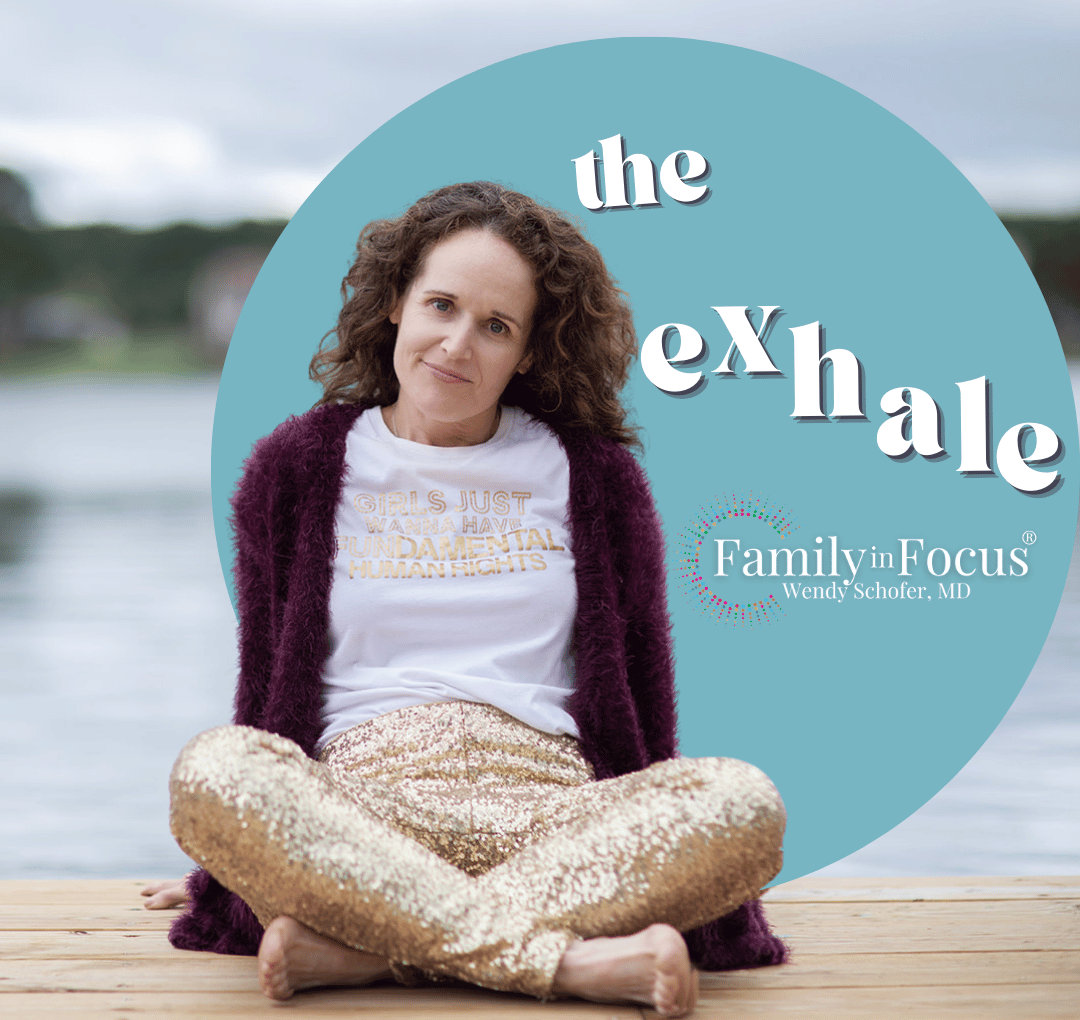
A parent is tidying up after camp unpacking chaos and absentmindedly flips open a book she’s about to shelve. It’s actually her 8-year-old’s diary. And staring back at her from the page is a quiet heartbreak:
"I am fat."
The words hit like a punch to the chest. She’s stunned. At eight? Both parents have worked so hard to create a body-positive home—no diet talk, no shaming, lots of love for fruits and veggies, joyfully mixed with chicken tenders and pasta. Where did this come from? Camp? A comment? A commercial?
She wants to ask, to fix it, to scoop her daughter up and armor her heart against a world that equates body size with worth.
But she also knows: she can’t say anything. She found the diary by accident. Trust is precious.
So what now?
What does a parent do in this moment?
Here’s the answer that feels counterintuitive but is 100% essential:
You slow down.
You breathe.
Not for her—yet. For you.
Take a deep breath for the heartbreak. For the fear. For the ancient conditioning that tells you this is urgent and you must act right now.
Take another for all the ways your nervous system is lighting up—fight, flight, freeze—because the word “fat” brings with it a suitcase full of generational baggage. Breathe for the pressure to get this "right" as a parent.
Because the truth is: our kids pick up more from our state than our statements. Nervous system regulation isn't just a wellness buzzword—it’s the ground we stand on. When our bodies are calm, we become a safe harbor. When we’re anxious, even lovingly anxious, they feel it. Even when we say nothing, they know.
And when it comes to food, body image, and health—this regulation becomes even more vital. Because children are still learning what these things mean. They learn from our tone when we talk about our own bodies. From the look on our face when they reach for seconds. From whether we exhale in judgment or stay soft and curious.
So yes, the moment you discover something like this is gut-wrenching. But it’s not the moment for lectures or interventions or sneaky changes to your meal plans. It’s the moment to heal your fear first.
Slowing down doesn’t mean ignoring. It means resourcing yourself so you can respond instead of react. It means processing your own history with food and body shame—so you don’t unknowingly pass it on. It means checking that strong desire to act by realizing how close you are to signaling that your child does need to change. It means anchoring yourself before you go near the storm.
The truth is, there will be a time for gentle conversations, for stories, for strengthening your daughter’s inner compass. But you can’t give what you haven’t claimed for yourself.
So breathe. Let your body know you are safe. Let your child feel it in the room, even if not a word is said. That’s the beginning.
That’s the work.
—
With love,
A pediatrician specializing in family emotional health & eating disorder prevention
PS - Whether slowing down to just breathe feels too much, or if you're ready to move on, I'm here to help. Let's connect about how Family in Focus supports parents just like you to regulate, finding the calm that you and your children need to navigate growing up healthy right now.
Check out the Family in Focus with Wendy Schofer, MD Podcast!
Stay connected with news and updates!
Join our mailing list to receive the latest news and updates from our team.
Don't worry, your information will not be shared.
We hate SPAM. We will never sell your information, for any reason.


